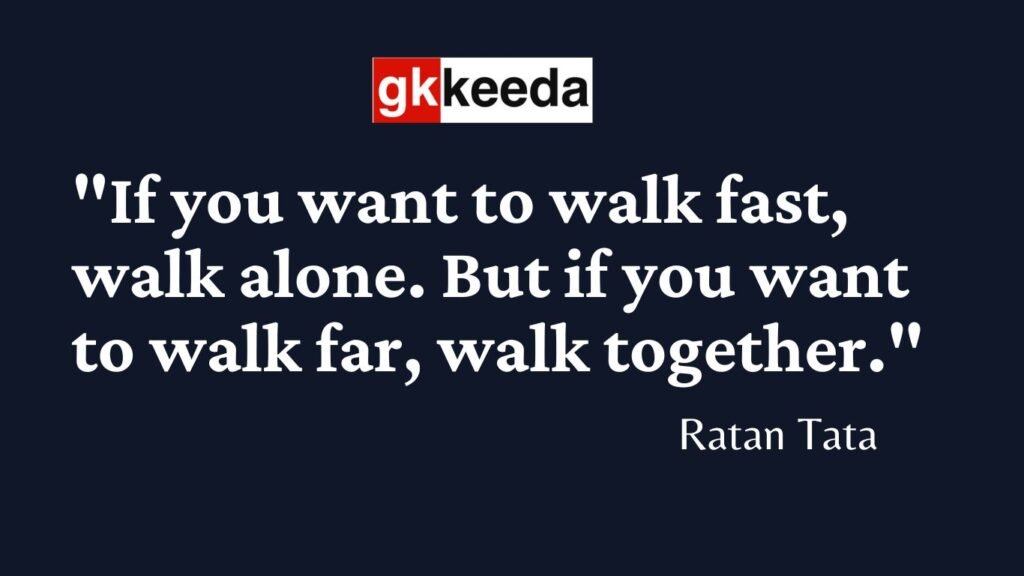One man’s house burns so that another may warm himself
UPSC IAS Exam Essay: One man’s house burns so that another may warm himself

Introduction:
- There are two people in a wood, and they run into a boar. The first person gets down on his knees to pray; the second person laces up his boots. The first person asks the second person, “My dear friend, what are you doing? You can’t outrun a bear.” To which the second person responds, ” I don’t have to. I only have to outrun you.”
- This is the classic example of how one survives at the cost of another, the second person survives not because he quicker than the bear but because someone else is slower than him. The analysis here is that depending on how you look at life, someone’s success almost always means someone else failure.
These statament:
- In this essay, we are going to examine the meaning of the topic and list list examples that have been at the dispensing and receiving end of the pursing one’s interest at the expenses of others.
How does burning one man’s house provide warmth to another?
- There are several examples of how one has intended to maximize one’s gains by inflicting misery on another, though this appears to be not befitting for a civilized world, examples of such incidences are not scare. These motives/intentions are just observed at the individual level but at even at the level of international affairs. Two examples have been listed below.
- Beggar the neighbour policy:
- It refors to a policy that aims at addressing one’s domestic problems at the expense of others – trading partners in particular, largely through competitive devaluation of their currencies by the cental bank.
- In economics, the term begger the neighbour describes economic policies that aims to improve one country’s prospects at the expense of other contries. The policy is considered to be begger the neighbour when the welfare gain in the country imposing the policy is offset by the welfare loss in the countries affected by the policy.
- A classic example of a country pursuing this policy was China devaluing its currency resulting in several emerging market currencies weaking against the US dollar.
- The immediate cause of a weak emerging market currency is the pull out effect of foreign investors from these economies resulting in pressure on local currencies, leading to economic instability.
- Transboudary riparian rights on the issue of riparian countries sharing transboundary water is another example of trying to maximize one’s opportunity at the expense of another. This is a phenomenon observed at the national and international levels.
- Looking at the scenario of Asia, a region that is heavily populated thus increasing the relevance of river water in meeting water requirements. China occupies a unique position in Asian geography, it holds the advantage of being the source of rivers for a number of countries in the neighbourhood. China has established a hydro-hegemony by annexing 1951 the Tibetan Plateau, the starting point of major international rivers, this provides China disproportionate power over riparian rights in Asia.
- China also stands our for not having a singel water sharing arrangements or cooperation treaty with any co-riparian state. It has gone ahead with building mega dams and reserviors in its borderlands and unilaterally reengineering the flows of major rivers that are the lifeblood for the lower riparian states.
- Internationally cooperation on shared water resources is critical, especially in water scare regions experiencing the impact of over consumption and pollution. In comparison, India has set an example of how a responsible upper riparian state should behave. The Indus Water Treaty remains the world’s most generous water sharing arrangement, under which India ageed to keep for itself only 19.48% share of waters.
- In the domestic arena, the Supreme Court of India has repeatedly emphasised the principle of inter state water as a national asset and no state can claim exclusive right over it.
How one man’s pain is another man’s pleasure may lead to self harm?
- Human actions are not always benevolent in nature, there are times when selfish motives predominate a man’s thinking and his actions. The selfish motives are bred by the thinking that for one to succeed another one has to bite the dust.
- History is replete with examples of how individuals, institutions, nations pursuing selfish narrow goals without considering the negative spillover effect on others have eventually gone onto shoot themselves on the foot. Two examples have been listed.
- Global financial crisis
- The people who had to bear the burnt of the global recession feel that it was not their fault and still had to leave thier homes. The housing market in the USA crashed and whole world’s economy went for a toss. Three million people in US lost their jobs and five million lost their homes. But, how did it happen? What was the root cause of it?
- One of the major factors for the crisis has been identified as the how greedy bankers took too many unnecessary risks and behaved recklessly with their clients money to ensure greater profits for themselves.
- This is an example of how a man believes that by burning another man’s house he can keep himself warm.
- Global financial crisis
- State sponsored terrorism
- It’s like that old story. You can’t keep snakes in your backyard and expect them only to bite your neighbours. Eventually, those snakes are going to turn on whoever has them in the backyard, this analogy appears to describe how Pakistan’s policy of state sponsored terrorism to achieve narrow political gains in the neithbourhood backfired when the terrorist stormed a school in Peshawar to claiming the lives of several children.
Why “One man’s mistake is another man’s opportunity” is not always true?
- ‘A chain is no stronger than its weakest link’, implying that there is greater strength in unity. A society can only prosper if people constituting it believe that the general welfare of the society can be achieved only by striving to achieve higher goals collectively than pursue selfish personal goals that are against the larger interest of the society.
- This can be seen in team sports as well, where the performance of each team member is important in a team. And it doesn’t matter if the team has few star performers if some fall behind. Value education to counter narrow selfish outlooks.
- Value education offers a solution to broaden the horizon of one’ thinking, it will go a long way in enabling an individual to overcome a mindset that portrays that success can only be achieved at the expense of someone else’s failure.
- Value education equips a human with virutes of peace, harmong, compassion, empathy, thus the user endowed with such values will not base his/her success on other’s failure.
- Laying emphasis on value, education in school curriculum will act as an antidote to breeding vices of jealousy, envy, hatred etc amongst the children, value education will enable the children to understand life better and not see life as a race to be won by beating others to a certain goal but an experience to be lived and cherished in the company of fellow beings.
Conclusion:
- Life is not a zero sum game in which one person’s gain is equivalent to another’s loss, therefore to believe that one needs to burn the house of someone to provide warmth for oneself is a flawed argument. This argument diminishes the virtues in the man that makes him a social animal and tends to reduce the human civilization to be driven by the law of jugle.
- History suggest that great leaders that are revered even today like Mahatma Gandhi, Nelson Mandela, Martin Luther King Jr. were personality that chose to look beyond the narrow selfish gains, they worked for the greater wellbeing of the societies and not any narrow selfish goals.
- The world is large enough to allow for individuals to chart our their paths of life, as you climp your ladder of success, reach down and pull others along with you, this can make the world a more habitable place.



No Comment! Be the first one.